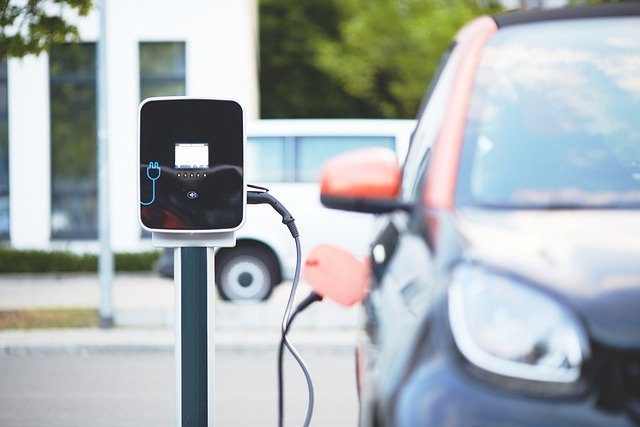Electric Cars: A Green Revolution for Seniors in the Netherlands
The Netherlands is embracing a sustainable future with open arms, and electric cars are at the forefront of this green revolution. As the country shifts towards renewable energy sources, seniors are finding themselves at the intersection of innovation and practicality. This article explores how electric vehicles are becoming an increasingly attractive option for older adults in the Netherlands, highlighting the benefits, challenges, and infrastructure supporting this eco-friendly transportation solution.

What role does renewable energy play in powering electric cars for seniors?
The Netherlands is a leader in renewable energy adoption, which plays a crucial role in powering electric cars for all citizens, including seniors. The country’s commitment to sustainability means that a growing percentage of electricity used to charge electric vehicles comes from clean sources such as wind and solar power. This synergy between renewable energy and electric transportation creates a virtuous cycle, reducing overall carbon emissions and making electric cars an even more environmentally friendly choice for seniors who are conscious about their carbon footprint.
How extensive is the charging station network in the Netherlands?
One of the key factors contributing to the success of electric cars in the Netherlands is the country’s extensive charging station network. The Dutch government, in collaboration with private companies, has invested heavily in developing a comprehensive charging infrastructure. As of 2023, the Netherlands boasts one of the highest densities of charging stations in Europe, with public charging points available in nearly every town and city. This widespread availability of charging stations helps alleviate range anxiety for seniors, making electric cars a practical option for both urban and rural dwellers.
What benefits do electric cars offer specifically for senior drivers?
Electric cars offer several benefits that are particularly appealing to senior drivers. Firstly, the quiet and smooth operation of electric vehicles provides a more comfortable driving experience, reducing fatigue on longer journeys. The simplified maintenance requirements of electric cars, with fewer moving parts compared to traditional combustion engines, mean less frequent visits to the mechanic and potentially lower long-term costs. Moreover, many electric vehicles come equipped with advanced safety features and driver assistance technologies, which can help compensate for age-related changes in reaction time and vision, enhancing overall safety for senior drivers.
Are there any challenges seniors face when transitioning to electric cars?
While electric cars offer numerous advantages, some seniors may face challenges when transitioning from conventional vehicles. One common concern is the learning curve associated with new technology, such as understanding charging procedures and interpreting battery range information. To address this, many dealerships and community organizations in the Netherlands offer specialized workshops and training sessions for seniors interested in electric vehicles. Another potential hurdle is the initial cost of electric cars, which can be higher than their gasoline counterparts. However, government incentives and lower operating costs over time can help offset this initial investment.
How do electric cars contribute to sustainable transportation for an aging population?
Electric cars play a significant role in creating a sustainable transportation system for the Netherlands’ aging population. By reducing air pollution and greenhouse gas emissions, electric vehicles contribute to a healthier environment, which is particularly beneficial for seniors who may be more susceptible to respiratory issues. Furthermore, the integration of electric cars into broader sustainable mobility plans, including public transportation and bike-sharing programs, offers seniors a range of eco-friendly options for staying mobile and independent. As the technology continues to evolve and become more accessible, electric cars are poised to become an integral part of senior-friendly, sustainable transportation in the Netherlands.
In conclusion, electric cars are revolutionizing transportation for seniors in the Netherlands. With the support of renewable energy, an extensive charging network, and government initiatives, electric vehicles are becoming an increasingly viable and attractive option for older adults. While challenges exist, the benefits of electric cars—including improved comfort, safety features, and environmental sustainability—make them a compelling choice for seniors looking to embrace a greener future on the roads of the Netherlands.




